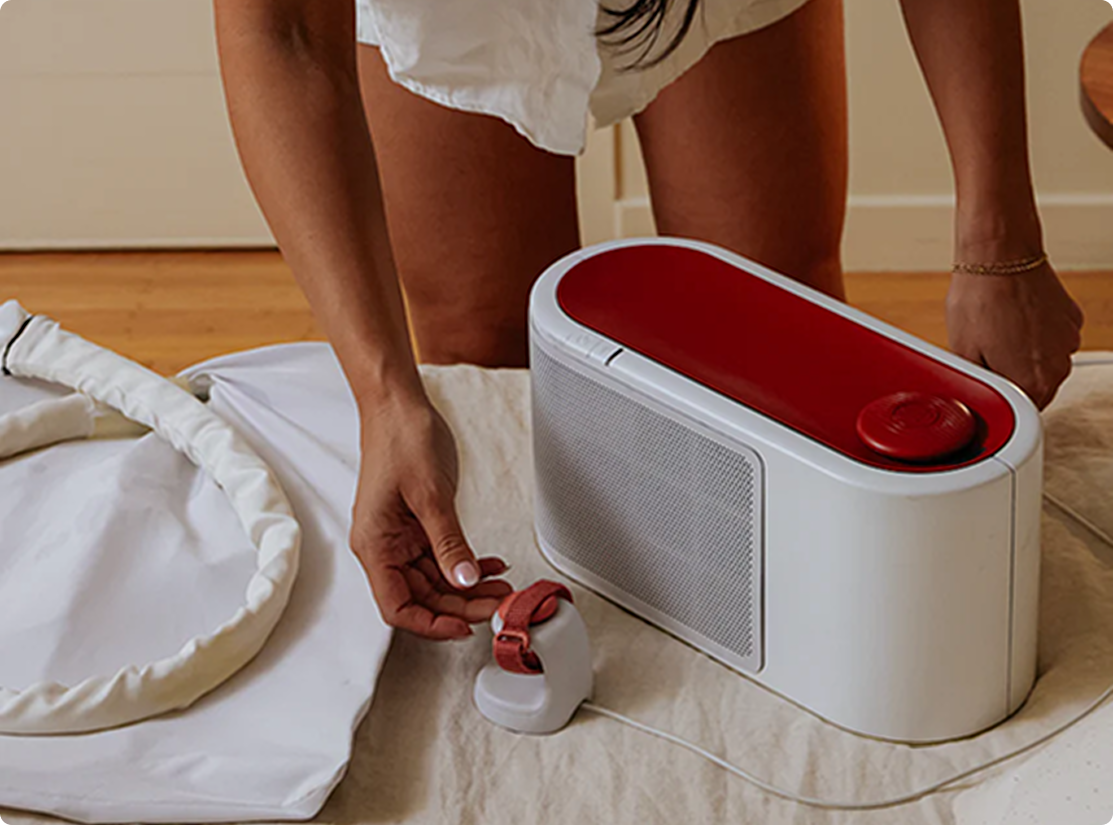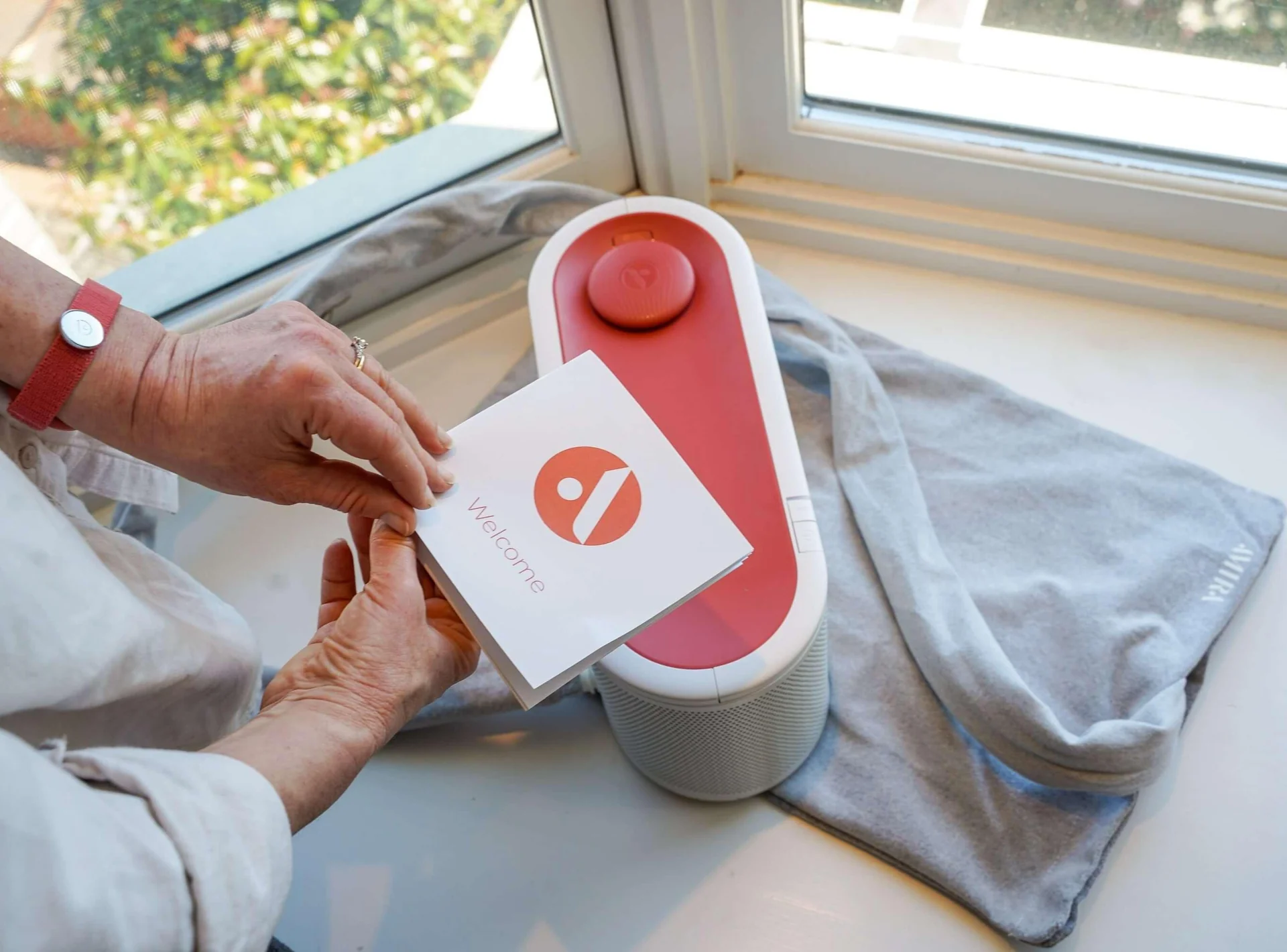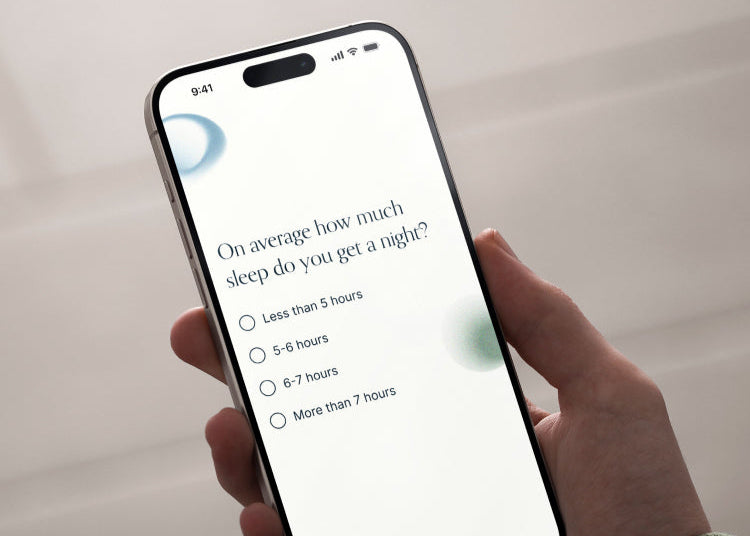
Hot Flashes During Your Period
- Written by: Corentin Hugot
Hot flashes. They're often the unwelcome guest that pops in when you're least expecting them, leaving you flushed, sweaty, and wondering why your body is acting like it's in the middle of a desert. While we typically associate hot flashes with menopause, many women experience them during their menstrual cycles too. Yes, you heard it right – the heatwave isn’t just for the 50+ crowd. Let’s dive into why this happens and how you can stay cool, calm, and collected during that time of the month.
Understanding Hot Flashes
First things first, what exactly are hot flashes? Simply put, a hot flash is a sudden feeling of warmth, typically most intense over the face, neck, and chest. Your skin might redden, and you might break out in a sweat, followed by a chill as your body cools down.
While menopause is often blamed for these fiery episodes, the truth is, hormonal fluctuations during your menstrual cycle can also trigger hot flashes. Estrogen and progesterone, the dynamic duo of hormones, like to play a little game with your body, and sometimes, they crank up the heat.
Causes of Hot Flashes During Your Period
So, what's behind these menstrual hot flashes? The main culprit is hormonal fluctuations. Your body’s estrogen and progesterone levels dance around throughout your cycle, and this hormonal roller coaster can sometimes cause your internal thermostat to go haywire.
Stress and anxiety can also fan the flames. When you're stressed, your body produces more cortisol, which can mess with your hormonal balance and trigger hot flashes. And let’s not forget lifestyle factors – what you eat, how much you exercise, and even how well you sleep can all influence your body’s temperature control.
Identifying Hot Flashes
Recognizing a hot flash is pretty straightforward. One minute, you’re perfectly fine; the next, you feel like you’re sitting in a sauna. Common signs include sudden warmth in the upper body, flushed skin, sweating, and chills once the episode passes. They can last anywhere from a few seconds to several minutes and can happen multiple times a day.
Managing Hot Flashes During Your Period
Now that we know what causes these fiery flares, let’s talk about how to cool them down. Here are some tried and true methods to manage hot flashes and keep your cool:
Lifestyle Changes
-
Balanced Diet: Eating a balanced diet rich in fruits, vegetables, and whole grains can help regulate your hormones. Avoid spicy foods, caffeine, and alcohol, as they can trigger hot flashes.
-
Regular Exercise: Keeping active helps maintain hormonal balance and reduce stress. Aim for at least 30 minutes of moderate exercise most days of the week.
-
Stress Management Techniques: Practice relaxation techniques like yoga, meditation, or deep-breathing exercises. These can help keep your stress levels in check and your hot flashes at bay.
Home Remedies
-
Staying Hydrated: Drink plenty of water throughout the day to help regulate your body temperature.
-
Wearing Breathable Clothing: Opt for light, breathable fabrics like cotton. Layers can also help you adjust to sudden temperature changes.
-
Keeping the Room Cool: Use a fan or keep the windows open at night. A cool environment can help you sleep better and reduce the likelihood of night sweats.
Smart Cooling Tech Solution
-
Amira’s Terra, the nighttime hot flash relief system: Amira's Terra helps you sleep soundly by predicting and preventing nighttime hot flashes. This innovative wearable bracelet monitors your sleep and detects tiny amounts of moisture in your skin, allowing it to anticipate an upcoming hot flash. When a hot flash is detected, the mattress pad cools down in just 5 seconds, providing the immediate relief needed to sleep through the night. Whether your hot flashes come from menopause, stress, your period or other hormonal imbalances Terra’s smart cooling system will work just the same.
Medical Interventions
-
Over-the-Counter Medications: Non-prescription treatments like ibuprofen can help manage discomfort associated with hot flashes.
-
Prescription Treatments: If hot flashes are severe, your doctor might recommend hormonal birth control or other medications to help regulate your cycle.
-
Consulting a Healthcare Provider: If your hot flashes are persistent or particularly bothersome, it’s a good idea to talk to a healthcare provider. They can help identify the cause and recommend appropriate treatments.
When to See a Doctor
While hot flashes during your period can be a normal part of hormonal fluctuations, there are times when you should seek professional help. If you experience severe or persistent hot flashes, or if they come with other symptoms like irregular periods or significant pain, it's time to see a doctor. Professional diagnosis and treatment are crucial for managing symptoms and ensuring there isn’t an underlying condition that needs addressing.
Personal Stories and Experiences
Let’s lighten things up with some real-life stories. Meet Jen, who swears by her cooling pad by Amira – it’s like having a mini air conditioner that knows what you need at every moment. Then there's Sarah, who found that switching to a plant-based diet significantly reduced her hot flashes. And don’t forget about Lisa, who discovered that a nightly yoga routine kept her hot flashes in check and helped her sleep like a baby.
Conclusion
Hot flashes during your period might seem like an added insult to the monthly injury, but with the right strategies, you can manage them effectively. Remember, it’s all about balance – in your diet, lifestyle, and stress levels. And when in doubt, don’t hesitate to reach out to a healthcare provider.
So, keep your cool, stay hydrated, and share your experiences. Let’s turn down the heat on these hot flashes together!

Sleep Cool, Wake Refreshed
Terra’s smart cooling system stops hot flashes before they wake you.
Predicts & cools in seconds
No noise, no interruptions
Wake up refreshed





